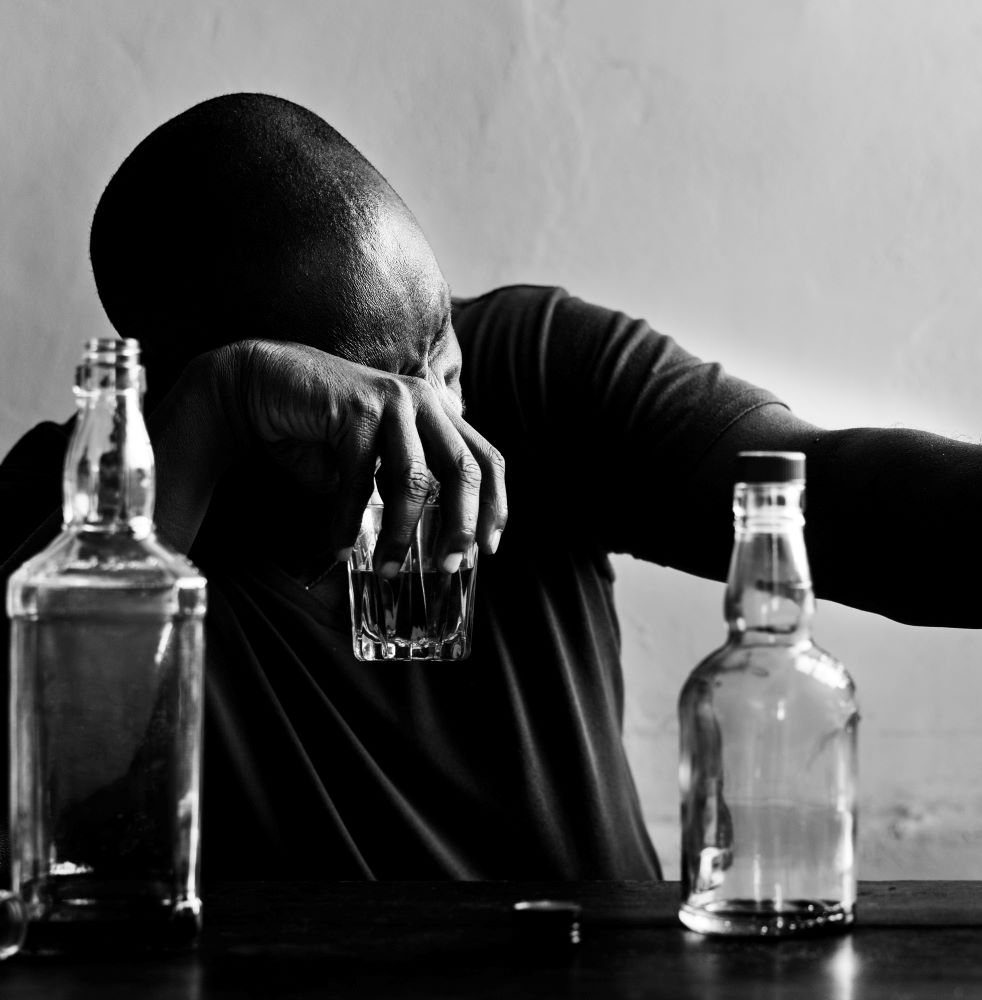
Alcohol is often there during the good times in a relationship. From weddings to parties, New Year’s Eve to enjoying a cosy night on the sofa watching a movie. However, it can also be problematic in a relationship.
In fact, studies have shown that men with alcohol problems are six times more likely to abuse their partner, while it can also lead to the likes of arguments, fallings out and communication breakdowns too.
Anger is often one of the overriding emotions that comes out of too much drinking and there is a strong link between the two, so if you’re worried that alcohol may be making your partner angry, then you’re probably right and help through alcohol rehab or counselling is almost certainly needed.
But why does alcohol have such an impact on a person’s anger?
Alcohol Lowers Inhibitions
One of the most well-known effects of alcohol is that it lowers inhibitions. This means that people are less able to control their emotions and actions when they have been drinking. In situations where your partner might normally manage their frustration or anger, alcohol can make it harder for them to hold back. As a result, minor irritations or disagreements that wouldn’t normally lead to an argument can quickly escalate when alcohol is involved.
Lowered inhibitions also mean that feelings they’ve been suppressing—such as stress, resentment, or frustration—can come to the surface more easily. Alcohol doesn’t cause these emotions but makes it harder for a person to manage them effectively, leading to more frequent outbursts of anger.
Alcohol Affects Brain Chemistry
Alcohol affects the brain’s neurotransmitters, the chemicals that regulate mood and behaviour. Specifically, it impacts serotonin, a neurotransmitter that helps control mood and emotional responses. Lower levels of serotonin are linked to increased aggression, and alcohol can significantly reduce the availability of this neurotransmitter in the brain.
This disruption in brain chemistry can lead to heightened emotional responses, making your partner more likely to react angrily or aggressively to situations they might otherwise handle calmly. Over time, regular heavy drinking can worsen these effects, leading to more consistent changes in behaviour, including increased anger.
Alcohol Can Amplify Stress and Anxiety
While many people drink alcohol to relax or unwind, it can actually have the opposite effect, especially when consumed in large amounts or over a long period. Alcohol may temporarily reduce stress, but it also disrupts the body’s ability to manage it effectively. After the initial relaxing effect wears off, your partner might actually feel more stressed, anxious, or irritable.
If your partner is already dealing with underlying stress—whether related to work, family, finances, or personal issues—alcohol can exacerbate these feelings, leading to more frequent anger or frustration. Instead of calming them down, alcohol may be amplifying their emotional responses, making them quicker to anger.
Alcohol Can Lead to Poor Sleep
Sleep plays a crucial role in managing mood and emotions, and alcohol has a well-documented negative impact on sleep quality. Although drinking can make someone feel drowsy, it disrupts the sleep cycle, particularly REM (rapid eye movement) sleep, which is essential for cognitive function and emotional regulation.
If your partner is drinking regularly, they may not be getting the restful sleep their body needs to stay emotionally balanced. This lack of quality sleep can lead to increased irritability, frustration, and even anger. Over time, poor sleep combined with alcohol use can create a cycle of fatigue and emotional instability, making them more prone to outbursts of anger.
Alcohol Dependency and Withdrawal Symptoms
If your partner drinks heavily or regularly, they may be developing a dependence on alcohol. One of the side effects of alcohol dependency is experiencing withdrawal symptoms when alcohol is not present in the system. These symptoms can include anxiety, irritability, and restlessness, all of which can make a person more prone to anger.
Even if your partner isn’t fully dependent on alcohol, they might still experience mood swings if they have been drinking heavily the night before or if they are trying to cut down. These mood swings can be difficult to predict, and anger can become a frequent emotional response. It’s important to note that if your partner is experiencing alcohol dependency, professional help may be needed to support their recovery.





